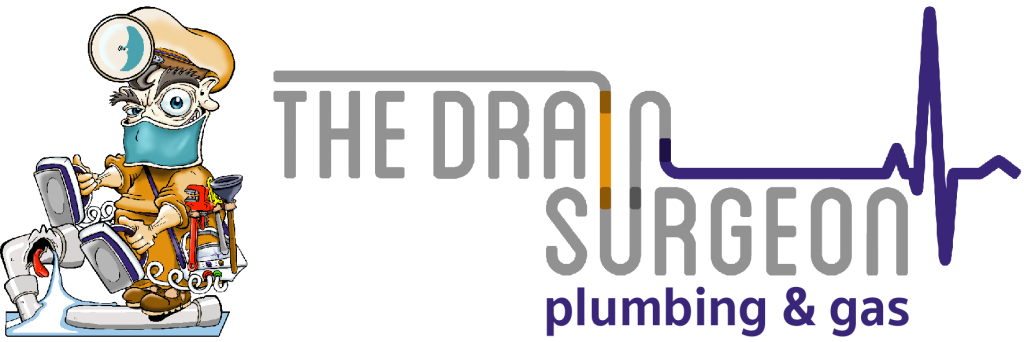Have you ever noticed any problems in your plumbing system after heavy rains? From increased water flow to clogged gutters, heavy rainfall can pose serious issues for your home’s plumbing system. Understanding the connection between heavy rains and plumbing systems is crucial to maintaining a safe and functional home.
In this comprehensive guide, we explore the various ways heavy rainfall can impact plumbing and offer actionable tips for mitigating these effects.
The Impact of Heavy Rainfall on Plumbing Systems
Increased Water Pressure on Pipes
Heavy rainfall significantly increases the volume of water flowing through your plumbing system. This surge can lead to increased water pressure on pipes, particularly if they are older or slightly damaged. Over time, this excessive pressure can cause pipes to burst or leak, resulting in costly repairs and potential water damage to your property.
Saturated Soil and Pipe Shifting
Excessive rain can saturate the soil around your home, leading to the shifting and movement of underground pipes. When the soil becomes waterlogged, it loses its stability and can no longer support the weight of your plumbing system. This can cause pipes to crack, break, or even collapse.
Backflow and Sewer System Overload
One of the most severe consequences of heavy rainfall is the potential for sewer system overload. Municipal sewer systems may become overwhelmed with the sudden influx of rainwater, leading to backflow issues. This backflow can push contaminated water back into your home’s plumbing, posing significant health risks and requiring immediate attention.
Clogged Drains and Gutters
Heavy rainfall often carries debris, such as leaves, dirt, and branches, which can accumulate in gutters and drains. Clogged gutters and drains hinder the water flow, causing it to back up and overflow. This overflow can result in water pooling around your home’s foundation, increasing the risk of flooding and structural damage.
Preventive Measures to Protect Your Plumbing
- Regular Maintenance and Inspections
Routine maintenance and inspections are essential in preventing plumbing issues caused by heavy rainfall. Ensure that a licensed plumber regularly checks your system for any signs of wear and tear, particularly on pipes, joints, and connections. Early detection of potential problems can save you from more extensive and expensive repairs down the line.
- Install a Sump Pump
A sump pump is a valuable addition to any home susceptible to heavy rainfall. This device is installed in the lowest part of your basement or crawl space and works by pumping out excess water that accumulates, thereby preventing flooding. Regular testing and maintenance ensure that your sump pump is always ready to operate during heavy rainfalls.
- Clean Gutters and Downspouts
Keeping your gutters and downspouts clean is crucial for directing rainwater away from your home. Regularly remove debris and check for any blockages to maintain a clear path for water flow. Additionally, ensure that downspouts extend at least six feet away from your foundation to prevent water from pooling around your home.
- Install Backwater Valves
To protect against sewer system backflow, consider installing backwater valves in your home. These valves are designed to allow water to flow out of your home but prevent it from flowing back in. Proper installation and regular maintenance of these valves can help safeguard your plumbing system from contamination during heavy rain events.
- Ensure Proper Grading Around Your Home
The ground around your home should be properly graded to direct water away from the foundation. Poor grading can lead to water pooling around your home, increasing the risk of basement flooding and soil saturation. If necessary, hire a professional to assess and correct the grading to ensure optimal water drainage.
Dealing with Plumbing Issues After Heavy Rainfall
- Inspect for Signs of Damage
Thoroughly inspect your home for any signs of plumbing damage after a round of heavy rains. Look for water stains on walls and ceilings, check for any unusual dampness in your basement or crawl space, and listen for the sound of dripping or running water. Early identification of issues allows for prompt repairs and minimises further damage.
- Address Blockages Immediately
If you notice any slow drains or blockages, address them immediately to prevent further complications. Use a plunger or a plumbing snake to clear minor blockages. For more persistent clogs, it is advisable to call a professional plumber to ensure the issue is resolved effectively and safely.
- Monitor Water Pressure
Keep an eye on your home’s water pressure, particularly after heavy rain. Unusually high or low water pressure can indicate underlying issues within your plumbing system. Installing a water pressure gauge can help you monitor the pressure and identify any anomalies that may require professional attention.
- Check Your Sump Pump
After heavy rainfall, ensure your sump pump is functioning correctly. Test it by pouring water into the sump pit and observing whether the pump activates and effectively removes the water. If your pump fails to operate as expected, contact a plumber for repairs or replacement to maintain your home’s protection against flooding.
Conclusion
Understanding how heavy rainfall affects your plumbing is essential for maintaining the integrity and safety of your home. By implementing preventative measures and conducting regular inspections, you can mitigate the impact of severe weather on your plumbing system.
With our professional plumbing services, ensure your home remains a safe and comfortable environment, regardless of the weather. For any assistance, call us at 0437 000 257 today.





webpage
9 Aug 2024You have mentioned very interesting details! ps decent site.Raise range